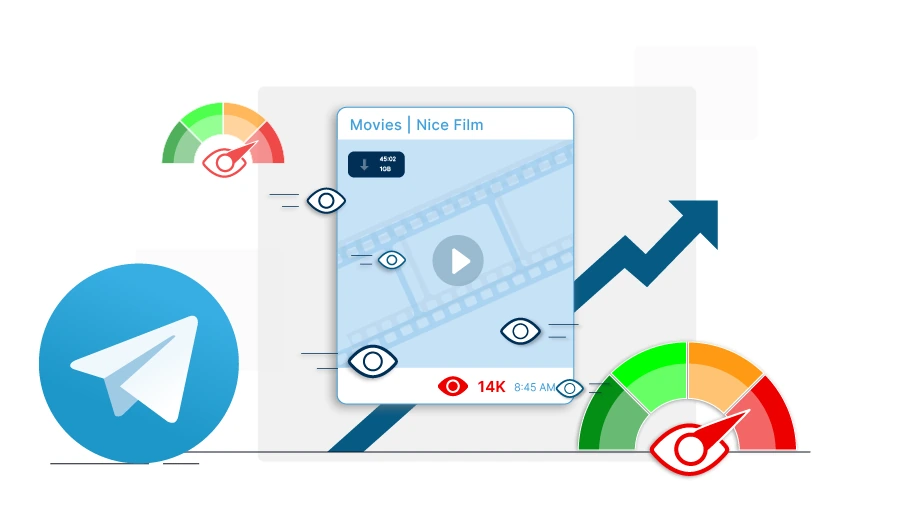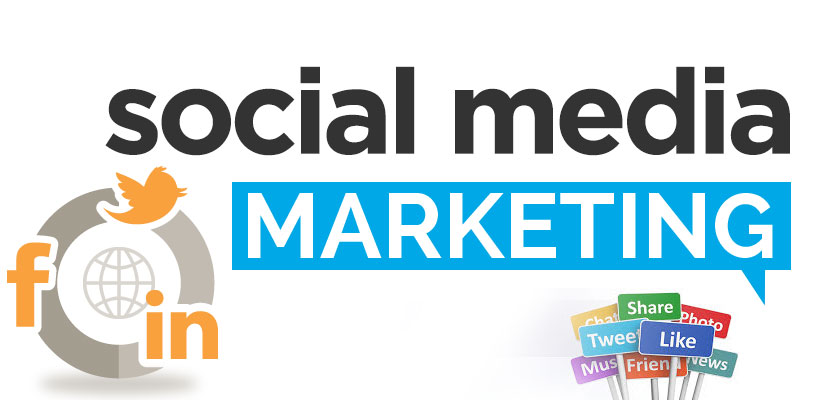Social media marketing (SMM), also referred to as digital marketing or e-marketing, involves leveraging social media platforms—where users create networks and share content—to promote a company’s brand, boost sales, and increase website traffic. Beyond engaging current customers and attracting new ones, SMM panel; offers specialized data analytics, enabling marketers to measure their success and discover new ways to enhance engagement.
Since 2004, when MySpace became the first social media platform to surpass one million users, the explosive growth of digital channels has positioned social media as a major force, rivaling even TV and radio. By the beginning of 2023, the number of social media users globally had reached 4.76 billion, accounting for over 59% of the world’s population.
Why Is Social Media Marketing (SMM) So Powerful?

The strength of social media marketing (SMM) lies in its unmatched ability to excel in three key areas: connection, interaction, and customer data.
Connection
Social media allows businesses to connect with customers in ways that were once unimaginable. Additionally, it offers a wide variety of channels to reach target audiences—from content platforms like YouTube and social networks like Facebook to microblogging services like X (formerly Twitter).
How Social Media Marketing (SMM) Works
As platforms like Facebook, X (formerly Twitter), and Instagram gained popularity, social media revolutionized the way people connect and how businesses can shape consumer behavior. From promoting engaging content to gathering geographic, demographic, and personal data, social media helps companies create messages that resonate with users.
SMM Action Plan
A well-targeted social media marketing strategy is key to its effectiveness. Hootsuite, a leader in social media management, recommends the following steps for developing an SMM campaign with clear goals and performance metrics:
- Align SMM goals with specific business objectives.
- Understand your target audience (age, location, income, job title, industry, interests).
- Conduct a competitive analysis to identify your competitors’ successes and failures.
- Audit your existing SMM efforts (strengths and weaknesses).
- Create a content delivery calendar for SMM.
- Develop high-quality, engaging content.
- Track performance and refine your SMM strategy as needed.
Customer Relationship Management (CRM)
SMM offers advantages over traditional marketing by providing two types of interactions for effective customer relationship management: customer-to-customer and firm-to-customer. Unlike traditional marketing, which mostly tracks customer value through purchase activity, SMM can capture value both directly (via purchases) and indirectly (through product referrals).
Advantages and Disadvantages of Social Media Marketing (SMM)

Advantages
Social media marketing brings a range of advantages for businesses:
- Broad Reach and Engagement: Social media platforms offer a powerful way to connect with large audiences, boosting brand awareness and recognition.
- Stronger Customer Relationships: Engaging with customers directly can help build loyalty and create stronger relationships.
- Cost-Effective: Social media marketing is often more affordable than traditional advertising, making it attractive to smaller businesses and startups.
- Increased Website Traffic: Sharing links to websites or blogs via social media can drive traffic and enhance conversion opportunities.
- Real-Time Feedback: Businesses can receive immediate customer feedback and engage in two-way communication with ease.
- Broad yet Targeted: Social media allows businesses to reach wider audiences through shares and engagement while also offering targeted options to reach specific demographics, interests, and behaviors with personalized content.
Disadvantages
However, social media marketing comes with several challenges:
- Time and Effort: Building and maintaining a strong social media presence requires consistent content creation and engagement, which can be time-consuming.
- Platform Expertise: Success in SMM requires in-depth knowledge of different platforms, creating engaging content, analyzing data, and adapting to each platform’s unique dynamics.
- Changing Algorithms: Social media platforms frequently update their algorithms and policies, making it difficult to predict results and maintain success.
- Public Complaints: Social media gives customers a platform to voice complaints publicly, which can harm a brand’s reputation if not managed carefully.
- Challenging ROI Measurement: Measuring the true return on investment (ROI) in SMM is complex, involving numerous metrics and assumptions about customer behavior.
Pros
- Can enhance brand recognition quickly
- More cost-effective with wide exposure
- Increases website traffic and offers real-time feedback
- Enables targeted engagement
Cons
- Time-consuming to build and maintain
- Unpredictable due to platform algorithm changes
- Public complaints can harm brand image
- ROI can be difficult to measure accurately

Leave a Reply